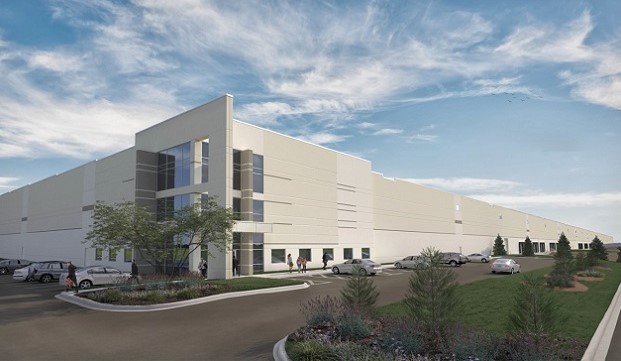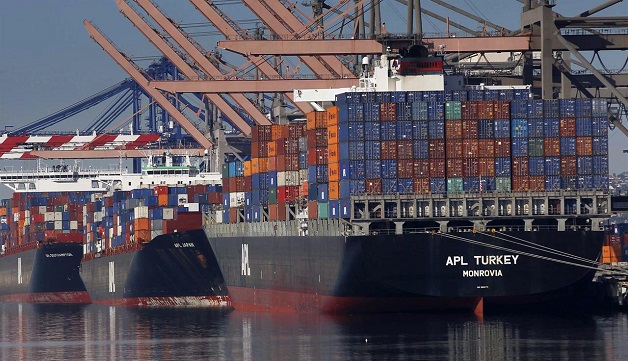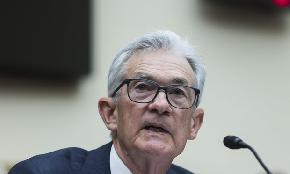 The Opus Group has just launched construction of this massive new spec in Joliet, IL. It will have 36′ clear ceilings, making it ideal for logistics users, many of which are partially sustained by imports.
The Opus Group has just launched construction of this massive new spec in Joliet, IL. It will have 36′ clear ceilings, making it ideal for logistics users, many of which are partially sustained by imports.
CHICAGO—As reported yesterday, Cushman & Wakefield has just published a report in response to the fears of many in the industrial real estate sector that the Trump Administration would damage the ability of US companies to trade with overseas partners. But after comparing the rhetoric heard last year from the Trump campaign and what the actual administration has said this year, the researchers are essentially telling those concerned that their fears probably won’t come true.
“We don’t think a full-scale trade war is likely at all,” Jason Tolliver, head of industrial research, Americas at C&W, tells GlobeSt.com. However, it’s clear the new administration still considers trade a high priority. “We do think there will be some kind of renegotiation of NAFTA,” but with the cooperation of both Canada and Mexico.
“All three countries have voiced the belief that some changes are needed,” he says. The parties may, for instance, work to make the auto industry, which now has a supply and manufacturing chain spread across the continent, more competitive with the rest of the globe. Furthermore, NAFTA was signed long before anyone could have anticipated the rise of e-commerce, and new clauses on that subject may be needed to bring the agreement up to date.
 The Port of Los Angeles receives a massive amount of goods from Asia, a flow that will likely continue unabated.
The Port of Los Angeles receives a massive amount of goods from Asia, a flow that will likely continue unabated.
“Some of the more heated rhetoric has been ratcheted down,” Tolliver adds. The US Treasury Department, for example, just submitted an official report to Congress that stated China was not deliberately undervaluing its currency. That’s a big change from the Donald Trump seen on the campaign trail, who regularly denounced the Chinese government for doing just that.
The administration now seems to understand the danger of hiking tariffs in a simplistic way. The danger exists that retaliatory actions will boost the costs of imports and hinder the ability of US corporations to export products. In general, the incredibly complex supply chains that now help sustain today’s economy have made radical adjustments difficult if not impossible. “The idea that you could unwind those supply chains isn’t realistic.”
So rather than a mutually destructive trade war, all signs now point to a “much more deliberate, thoughtful process,” says Tolliver.
“We are not encouraging anyone to change their real estate strategy,” he adds, or at least due to fears of radical changes to trade rules. “That’s the key takeaway for our clients.”

















 Copyright © 2024 ALM Global, LLC. All Rights Reserved.
Copyright © 2024 ALM Global, LLC. All Rights Reserved.